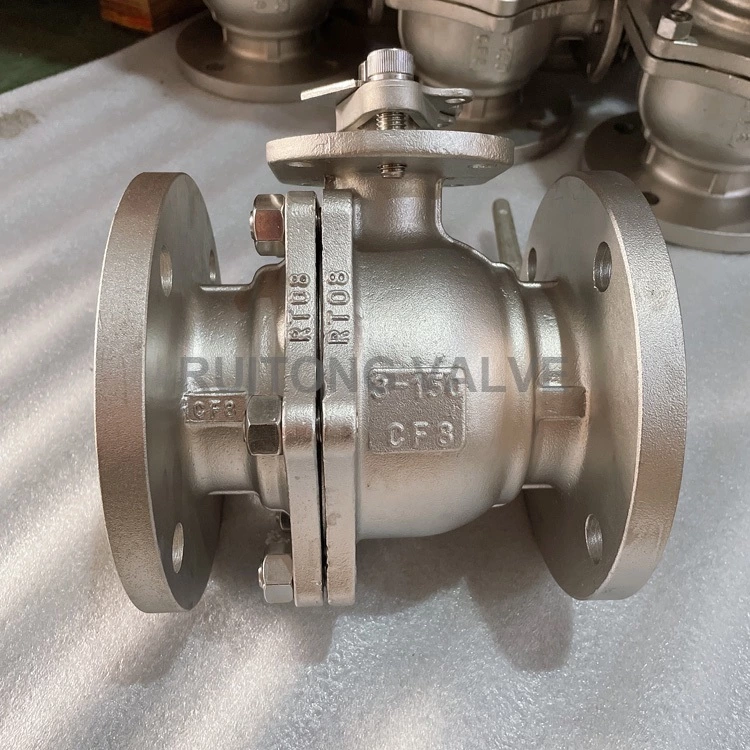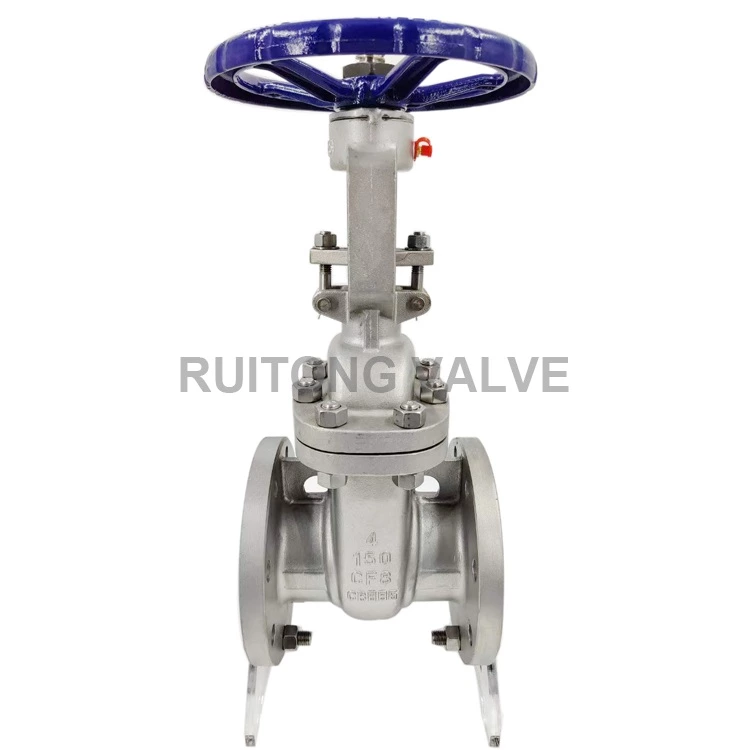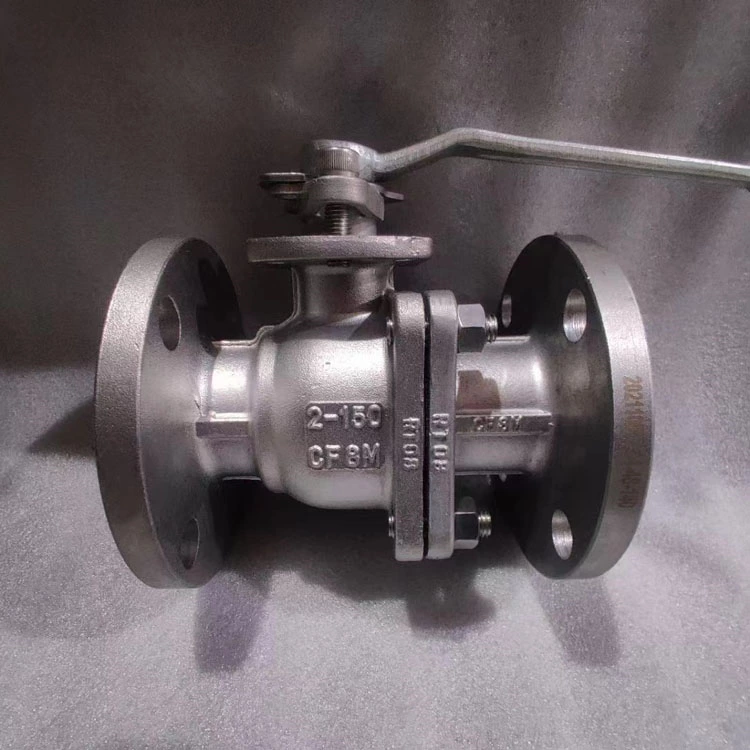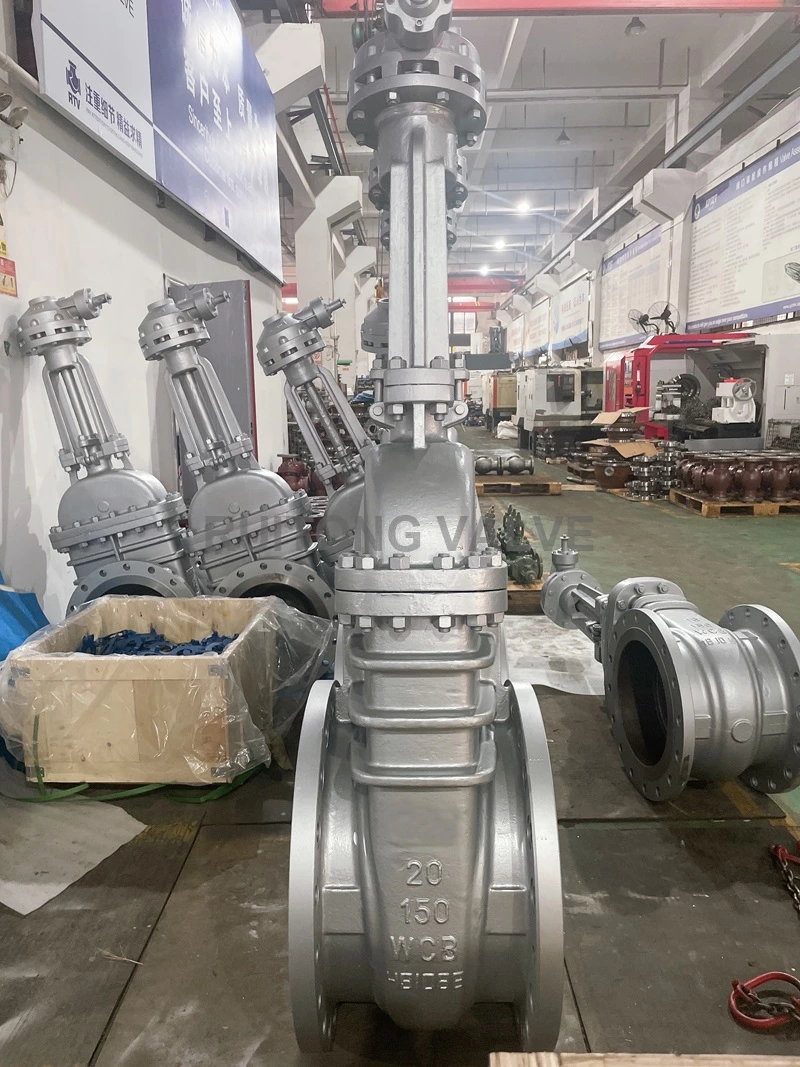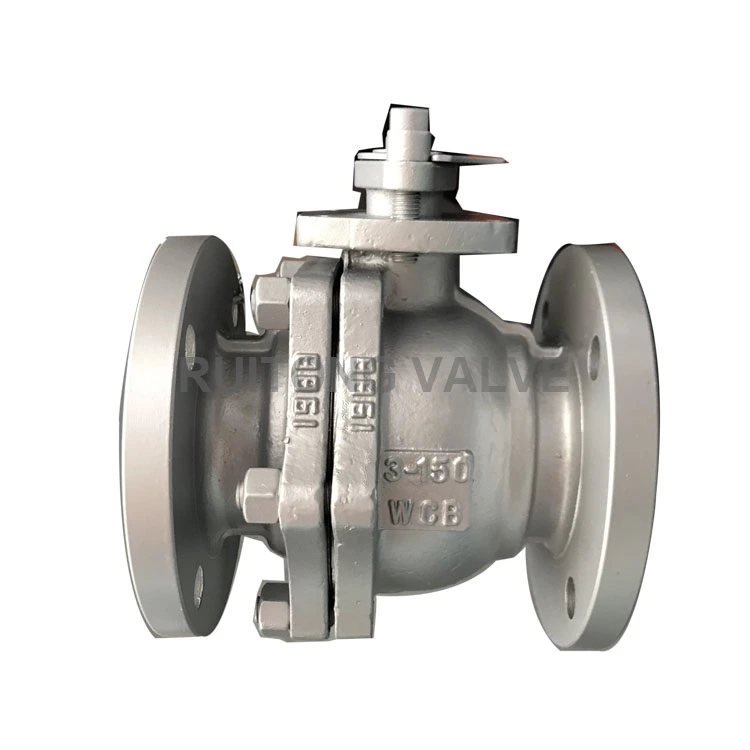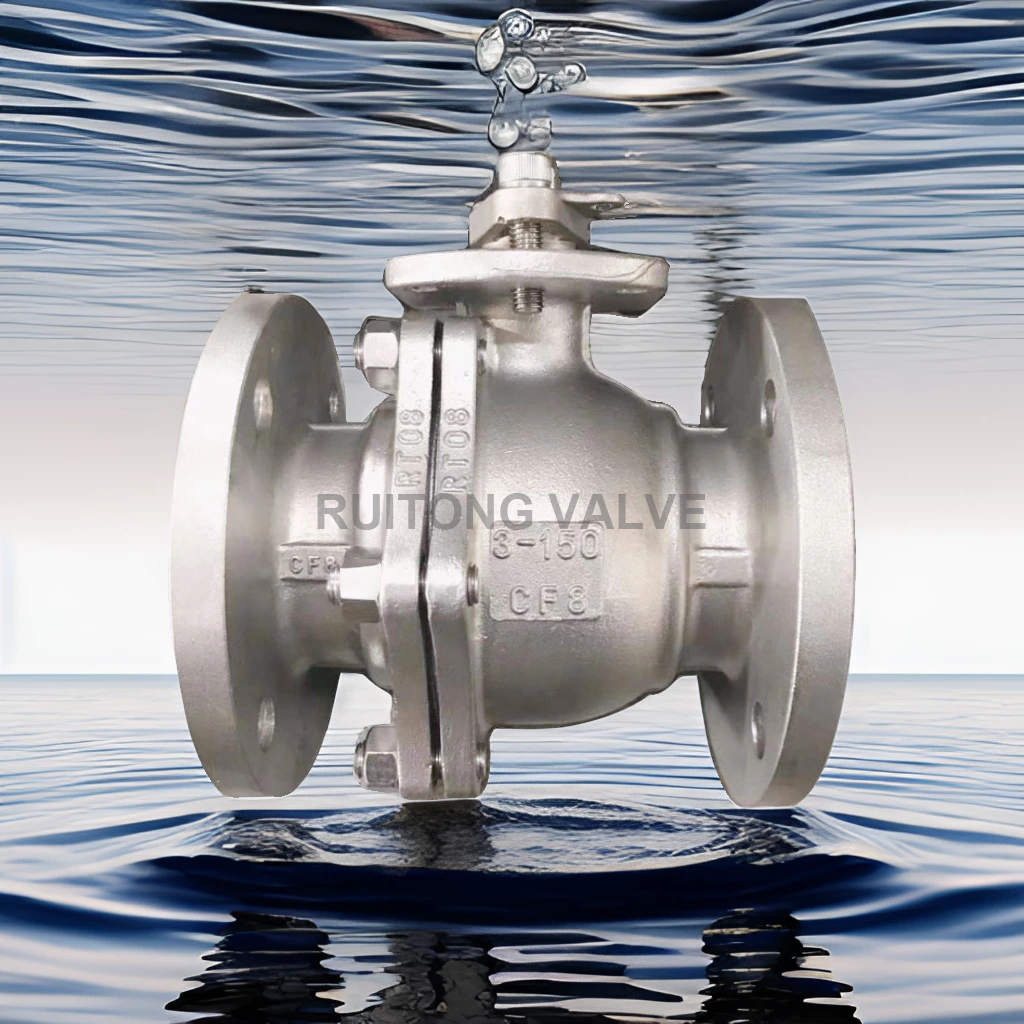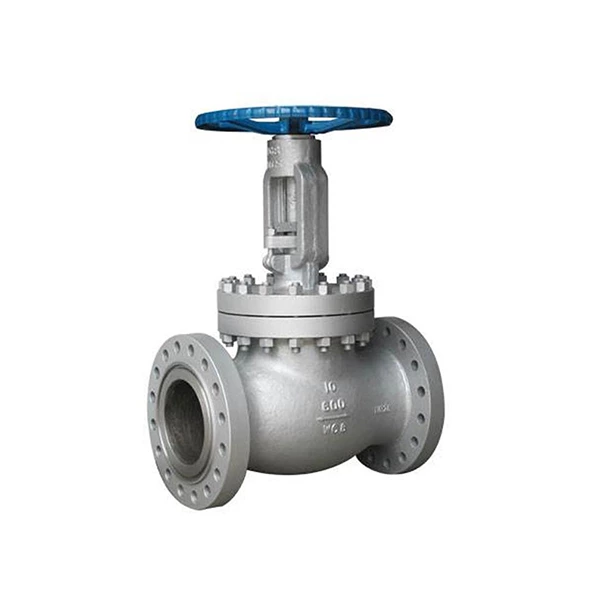Which Type Of Valve Should Be Selected To Ensure Normal Use Under Acidic Media Conditions?
When sulfuric acid is used as the main medium: As one of the strong corrosive media, sulfuric acid is a widely used main industrial raw material. Sulfuric acid of different concentrations and temperatures has a large difference in the corrosion of materials. For concentrated sulfuric acid with a concentration of more than 80% and a temperature of less than 80°C, carbon steel and cast iron have good corrosion resistance, but it is not suitable for high-speed flow of sulfuric acid and is not practical for pump and valve materials; ordinary stainless steel such as chemical valves made of 304 (0Cr18Ni9) and 316 (0Cr18Ni12Mo2Ti) are also of limited use for sulfuric acid media. Therefore, pumps and valves for conveying sulfuric acid are generally made of high-silicon cast iron (difficult to forge and process) and high-alloy stainless steel (No. 20 alloy). Fluoroplastics have good resistance to sulfuric acid, and using fluorine-lined valves is a more economical choice.
When acetic acid is used as the main medium: Acetic acid is one of the most corrosive materials among organic acids. Ordinary steel will be severely corroded in acetic acid of all concentrations and temperatures. Stainless steel is an excellent material resistant to acetic acid. Molybdenum-containing 316 stainless steel valves can also be used for high-temperature dilute acetic acid steam. For high-temperature, high-concentration acetic acid or other corrosive media, high-alloy stainless steel valves or fluoroplastic valves can be used.
When hydrochloric acid is used as the main medium: Most metal materials are not resistant to hydrochloric acid corrosion (including various stainless steel materials), and molybdenum-containing high-silicon iron can only be used for hydrochloric acid below 50°C and 30%. In contrast to metal materials, most non-metallic materials have excellent corrosion resistance to hydrochloric acid, so lined rubber valves and plastic valves (such as polypropylene (C3H6), fluoroplastics, etc.) are the best choices for conveying hydrochloric acid.
In the medium dominated by nitric acid: most general metals are quickly corroded and damaged in nitric acid. Stainless Ball Valve is the most widely used nitric acid resistant material, which has excellent corrosion resistance to nitric acid of all concentrations at room temperature. It is worth mentioning that the corrosion resistance of molybdenum-containing stainless steel (such as 316, 316L) to nitric acid is not only not better than that of ordinary stainless steel (such as 304, 321), but sometimes even worse. For high-temperature nitric acid, titanium and titanium alloy materials are generally used.
